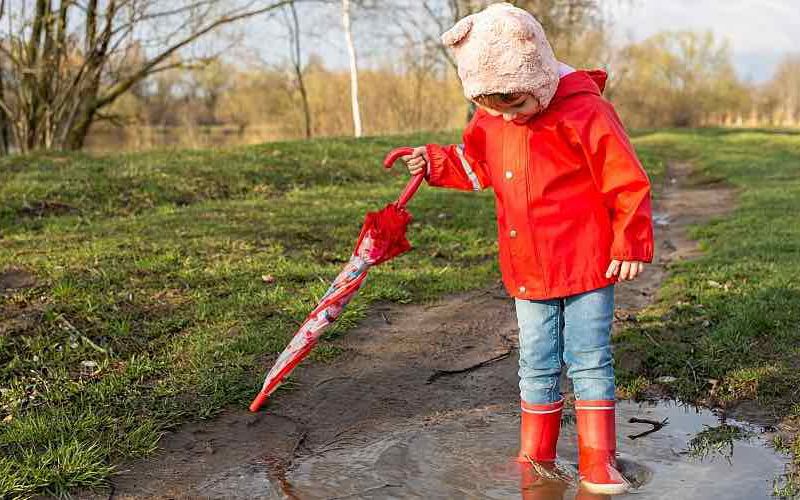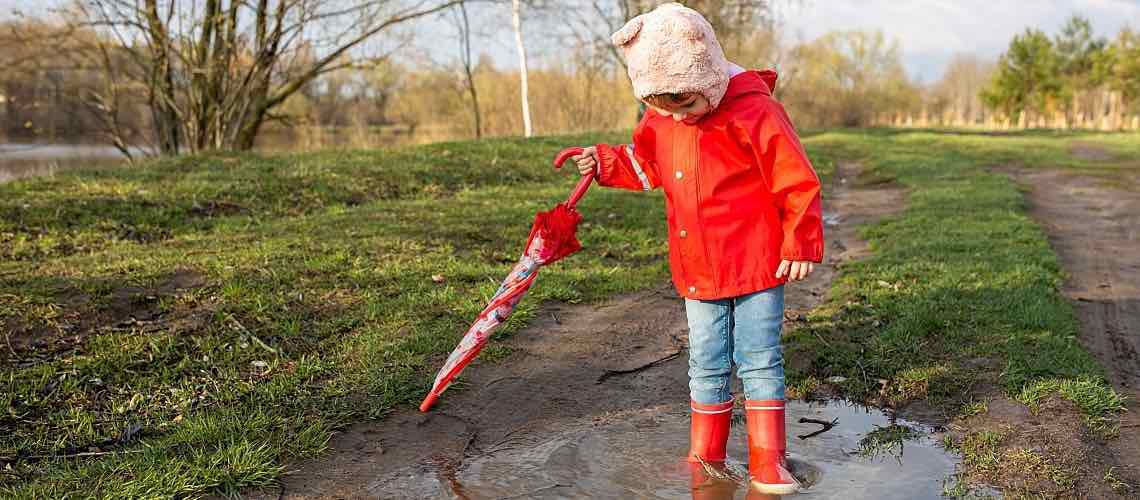Rain Gardens Ease Pressure on Water Systems


"By using lowered soil and grasses to keep rainfall from heading directly down streets into a storm drain, we start processing the water in advance and place less pressure on our systems," observes Brown.
Brown recently talked with us about why she advises using these forms of environmental engineering or bioretention for positive effects on local water systems.
How Do Rain Gardens Help Water Districts?
Brown: Around the United States, older water processing systems transport wastewater from homes and businesses with rainwater runoff in the same pipe. If such a system receives too much rain from the storm drains, it can overflow and create combined sewer overflows (CSOs). No one wants that.
Some of those systems are being updated to separate wastewater and stormwater. In the meantime, if we prevent a significant amount of stormwater from entering the processing plant by absorbing it into the soil of a rain garden or similar arrangement, that's very good.
Also, treating wastewater takes a good bit of energy—but rainwater runoff has far fewer pathogens. In many systems, they'd be combined and increase the amount of water that must be processed. If we can separate and slow stormwater that would go into a treatment facility, we are decreasing how much water needs to be intensively cleaned, and we're saving energy.
We're not tasking the treatment plant with as much if we have rain gardens at home or in our cities.
How Do Rain Gardens Help the Environment?
Brown: Along with conserving energy by sending less stormwater into processing systems, we benefit from providing a system in which rain water soaks into the ground and reaches springs, creeks, or groundwater. We can get a lot of ecological use out of the water if it reaches those systems.
If our area is hit by a tropical storm or other heavy-rain event, it helps if we have, in advance, built systems such as rain gardens and other methods to absorb rain and prevent flooding. Along with preventing CSOs, those systems can protect public safety and properties in our area.
With rain gardens, we can make our cities or homes more climate resilient.
There are other ways we can achieve water conservation, too. For instance, we can have cisterns at our homes and save winter precipitation for our summer gardens. And in the cases of newer water processing plants that separate wastewater from stormwater, we can use heavily treated wastewater for agricultural irrigation and other purposes. That way, we'll use less drinking water for that purpose.
What Makes You Passionate About This Work?
Brown: Well, I really like swimming. With climate change, precipitation is highly variable, and drought is a big issue. So, it helps if we can let more rain water absorb into the ground and return to rivers, streams, and lakes.
It's also exciting that with bioretention methods, we can potentially decrease flooding and sewer contamination events.
How Lab Managers Can Prepare
As many older water systems continue to combine stormwater and sewer in one pipe, water labs' testing services continue to be important. While municipalities deal with the effects of climate change, lab managers will need to stay versed in new developments in water quality.
Seek out resources to stay up to date on testing news, including the importance of well water testing, meeting state regulations, and the critical nature of testing during a drought






